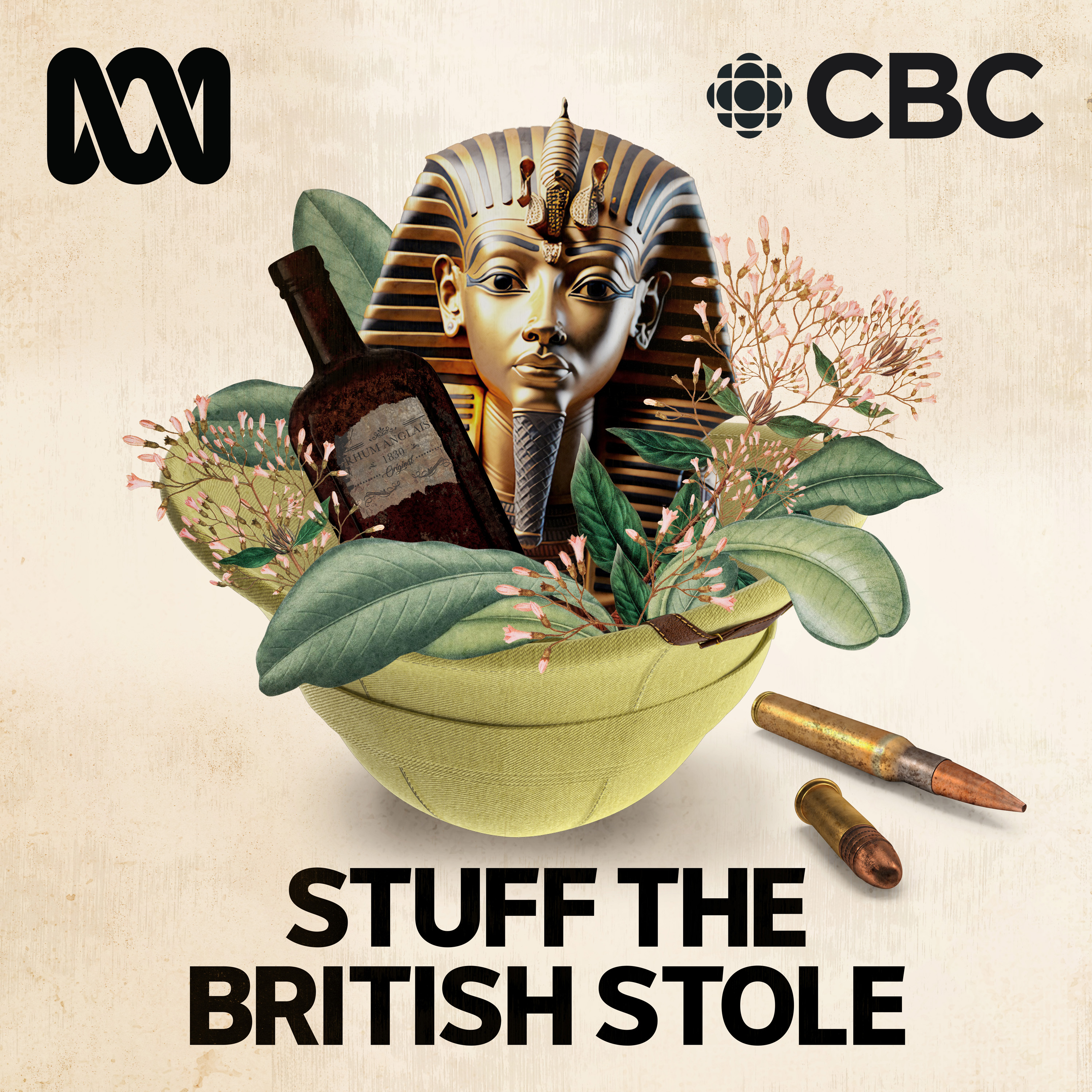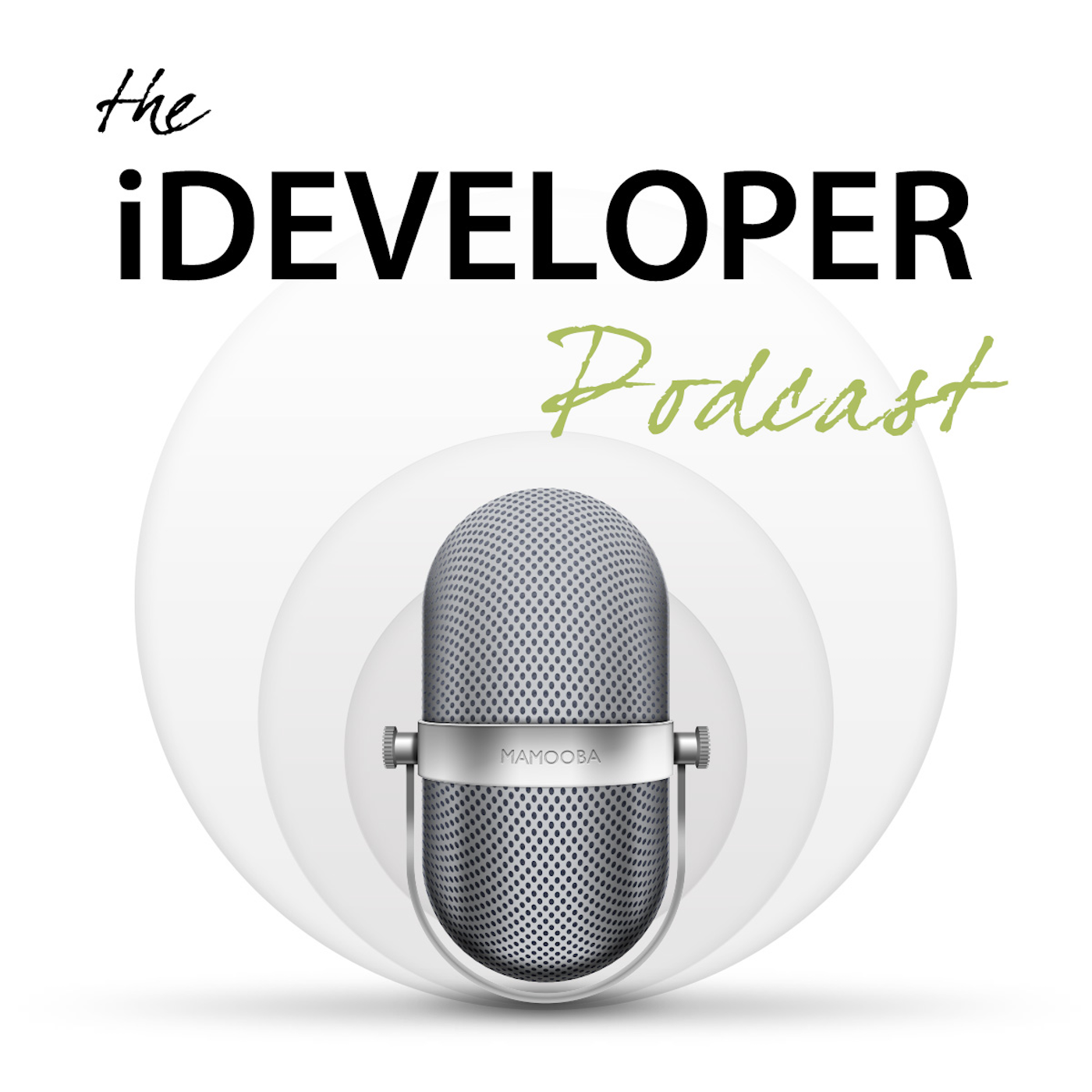
Piano, finally
Piano Finally is a podcast by an old bloke who is learning the piano, finally. I cover the process of learning the piano and music theory as an adult learner. I also review piano books, hardware and other materials from an adult learner's perspective.
Piano, finally
Episode 18 - It Works in Theory
Ever wondered what it takes to judge a world-class piano competition from your living room? Join me, David Reidy, on the 18th episode of "Piano. Finally," where I recount my humorous attempt at playing judge for the Leeds International Piano Competition finals. I'll share my thoughts on the incredible winner, Jaeden Izik-Dzerko, and his breathtaking performance of Brahms Concerto no 2 in B-flat Major. Plus, I'll highlight Ryan Absher's YouTube channel, a treasure trove of piano techniques and pieces suitable for every skill level, sure to enhance your practice sessions.
Stay connected with our vibrant "Piano Finally Show" community through email, our website, and social media platforms like Facebook and Instagram. I'll also give a personal update on my own piano journey, particularly my progress with Nino Rota's "A Time for Us" from Romeo and Juliet. And although a family dinner beckons, I promise extra recordings of my practice in our next episode. Whether you're just starting out or are an advanced pianist, let's continue to inspire each other’s musical adventures. Until then, may your time at the keys be harmonious and fulfilling!
You can contact me:
- via email at david@pianofinally.show; this is probably the best option
- the show website, www.pianofinally.show
- Instagram and Threads @pianofinally
- and on YouTube
- all the podcast directories - list
- here's the RSS feed
Some of the links to books and other items mentioned in the podcast may affiliate links for Amazon or other providers. If you use one of these links, a commission may be paid to me at no additional cost to you. Thank you if you use a link.
All reviews of products, websites and services are unpaid, and no sponsorship has been received for any content on this podcast.
G'day everyone. I'm David Redy and welcome to Piano. Finally, a podcast by an old bloke who's getting around to learning the piano. Finally, welcome to Show 18. Thank you for listening to the show. If this is the first time you've heard the podcast, I hope you find something interesting here. If you're also learning the piano, let me know If you're a returning listener. I'm very grateful. You've come back for more.
David Reidy:It's the beginning of the school holidays here at the moment a two-week break before we're back for the final term of the year. That also means a three-week break until my next piano lesson. As Debbie, my piano teacher, is overseas for a few weeks, I'll have to make lots of progress while I've got the extra time to get some more practice in. I mentioned last week that the finals of the Leeds International Piano Competition were happening while I was recording the podcast. These were videoed and I was able to watch them on YouTube during the week. The finals were over two performances, with three finalists performing on the first evening and the other two on the second. All the performances were great, with concerti from five different composers. Having watched the performances, I think I could judge at one of these competitions. All I have to do is put the competitors into the order I think is best and then reverse it. The lead jury announced all five of the competitors' positions in the final, and it was almost the exact opposite of the order I had put them in. Still, the competition is back in three years' time, and we can see if the jury gets it right that time. Joking aside though, the winner was Jaden Itzik-erko with the Brahms Concerto no 2 in B-flat Major. Both the final evening's competitions are worth a listen.
David Reidy:This week's YouTube channel is one that I've been enjoying greatly over the past few months, and that's Ryan Absher's channel. As I'm recording this, ryan has over 70 videos on his channel covering a wide range of piano-related subjects. From analysing pieces that commonly appear when learning the piano to technique videos, there is content for just about every pianist, from beginners up to much more advanced players. Ryan has a Master of Music in Piano Performance from the University of Nebraska and has worked in both university teaching and private piano tuition, so his ability to explain and illustrate concepts is well honed. Ryan and his wife Laura currently run Piano Artistry Studio in the Greater St Louis area. Many of Ryan's videos take a light-hearted approach to the topic, but in every case, the technical discussion and explanations are clear and on point. For example, in Five Breakup Songs Not Called Moonlight Sonata, ryan plays examples of pieces evoking feelings of sadness, giving snippets from sections of the works. In many of these videos, ryan approaches a subject from the point of view of someone wanting to learn to play the piece. The channel is definitely worth subscribing to. There's usually a new video each week and if you like Ryan's work and want to support him and get some additional content, you can become a channel member on YouTube. I've joined up. It's $10 a month. Month. It works in theory.
David Reidy:As I mentioned earlier, this was the last week of term three and now it's the holidays. The first and last days of each term are often pupil-free days where staff work through various tasks. At the beginning of next term, I'll be working on implementing the new junior science syllabus with a group of teachers from other schools in the region. Term three ended with a day in the mountains to relax and regroup after what was a busy term, as I work at a Catholic school. The day ended with a mass which included a little bit of singing. At one point I found myself thinking oh, that was a plagal cadence, as we were all singing an amen, look, music theory in action. And of course that got me thinking once again about whether learning theory is a necessary part of learning music as an adult, and that in turn has led me to planning my next project.
David Reidy:When I learned the guitar, there was no theory past learning to identify the notes on the treble clef, not even theory about the spacing of the strings. It was a complete mystery to me why you use the fifth fret to tune the next string on all the strings, except for string four, where it was the fourth fret. I've worked it out since. This lack of music theory meant that I never really developed an understanding of why things worked in music the way they did, and working out how anyone could possibly compose something or even why some things sounded good and others didn't, remained a mystery. Physics helped. The study of waves is an important part of basic physics, so it's included in all levels, from high school to university. So it's included in all levels from high school to university. The wave theory that is needed to explain music is one of the earliest parts taught and it is included in the high school course. What doesn't help so much is that the terminology used in physics comes from its mathematical underpinnings, whereas the terms in music come from the practicalities of playing an instrument.
David Reidy:Musical instruments have overtones, physicists have harmonics. They're the same thing, except that the lowest note in a vibrating string or air column is the fundamental in music. But the first harmonic in physics Go up an octave and you're at the first overtone or the second harmonic. Musicians count from zero, physicists from one. Counting from one makes the mathematics used much simpler than starting at zero, unless you want to count the zeroth harmonic, as silent Intervals are weird too. The second is one step, the third is two steps, and a fifth plus a fourth equals an eighth. In the software I'm currently writing, each piano key gets a number from zero to 87 and that gets mapped to the note. So a major second is always two keys away, regardless of where you start. For a software developer or a physicist, all this is important, but is it important for an adult piano player? I'm limiting this to an adult or older children learning, because very young children generally don't have the math skills needed and usually can do very well at an instrument without them.
David Reidy:Now that I'm getting past the very early pieces, there tends to be a bit more structure in the music I'm seeing. That means that more patterns are becoming obvious. To begin with I was seeing dots as notes. It was enough effort just to see the dot and work out which finger to move, let alone looking for any larger pattern. Now, with an understanding of the basic theory, I look at the first three notes of a new piece and see a C major chord. So I already know what my fingers will be doing. I look on and see the left hand also has a C major chord. So that's the first part of the piece under control. Well, at least theoretically under control. The reality is a little harder.
David Reidy:Theory is also helping to make sense of the music I'm listening to. That plagal cadence in the singing the other day is entirely expected because of its job in the music. I'm sure there's a lot more still to learn, though. With that in mind, I've decided to embark on a new project to let me build my own knowledge of music theory. I'm going to make a series of short YouTube videos covering basic theory from both the musical and, where appropriate, the physics point of view. I'm going to use some of my time off to experiment with one or two videos and put them up in the Piano. Finally, youtube channel. I don't know if they'll be successful or popular, but that's not the main point. The main point is to make the information available to anyone who is interested and, secondly, to help me get my understanding of it all squared away. After all, the best way to thoroughly learn something is to teach it to somebody else. So keep your eye on the YouTube channel and I'll keep you posted with how it's all going.
David Reidy:With the upcoming departure of Finale from the music notation software scene, there are two paid packages available that cover most of the commercial market Dorico and Sibelius. This week I'll look at Sibelius. Sibelius was written by two brothers who were music students and didn't like writing music out by hand. Originally it was only available on Acorn computers, which never really took off outside the United Kingdom. It wasn't until a Windows version became available that it really became known. In 2006, avid Technologies bought the program and, despite some upheavals more on that later they still sell the software today. Sibelius is available in three versions Sibelius First, which is a free version with some limitations, and Sibelius Artist and Sibelius Pro. The latter two versions are available via annual subscriptions or outright purchase. The current annual pricing is $99 US for Sibelius Artist and $199 US for Sibelius Pro. If you're a student or a teacher, then Avid offers discounts on the subscription prices. Sibelius runs on both Windows and Macintosh computers, as well as iPads and iPhones. The subscription covers all the desktop and mobile versions.
David Reidy:To say that Sibelius has its own way of doing things is an understatement. To combat the software's increasing complexity, avid licensed the Ribbon idea from Microsoft, so if you've worked with Microsoft Office products, you'll be familiar with the Sibelius interface. The problem is that Sibelius seems to have made some weird decisions about where things are within the Ribbon. I don't find it intuitive at all. My other complaint with Sibelius is the note entry system. Unlike MuseScore, where you can choose a note duration using the number keys, sibelius expects you to use the number pad. That shouldn't be a problem, except that most laptop computers don't have one, so you are reduced to using a mouse to click on an overlay window that blocks part of the score. I have found Sibelius frustrating to use and I really can't recommend it over MuseScore. However, if you want to give it a try, download Sibelius first the free version, and you may find that it works well for you as a coda to the Sibelius story.
David Reidy:After Avid bought Sibelius from the original developers in 2012, they sacked the entire development team. They eventually hired new developers in Montreal and Kiev. What happened to the original team? Most of them moved to the German company Steinberg and went to work developing the notation software we'll look at next week, dorico. Well, that's it for this week.
David Reidy:If you'd like to contact me, email is the best way. You'll find me at david at pianofinelyshow and the website at wwwpianofallyshow. In both cases, piano, finally, is all one word. Let me know where you are in your piano journey or if you'd like to test my practice software when it's ready. The show is also on Facebook and Instagram. You can subscribe via any popular iOS or Android podcast application or from directories such as Apple Podcasts, spotify or Player FM. So until the next episode, I hope your piano stays in tune and you enjoy your time at the Keys. I'm still working on Nino Rota's A Time for Us from Franco Zeffirelli's film Romeo and Juliet, but unfortunately I've got to leave now to go to a family dinner, so I'm not going to have time to record it for this week's show. I promise that next week I will put in some extra recordings of my progress. Until then, bye.
Podcasts we love
Check out these other fine podcasts recommended by us, not an algorithm.

Connected
Relay
Upgrade
Relay
No Such Thing As A Fish
No Such Thing As A Fish
We Can Be Weirdos
Global
Stuff The British Stole
ABC and CBC
The iDeveloper Podcast
Steve Scott (Scotty) & John FoxRaven On: A Pop Culture Podcast
Natalie Bochenski & Stuart Layt
Smart Enough to Know Better
Dan Beeston & Greg Wah
TopMusic Piano Podcast
Tim Topham
The Chopin Podcast
Garrick Ohlsson and Ben Laude



